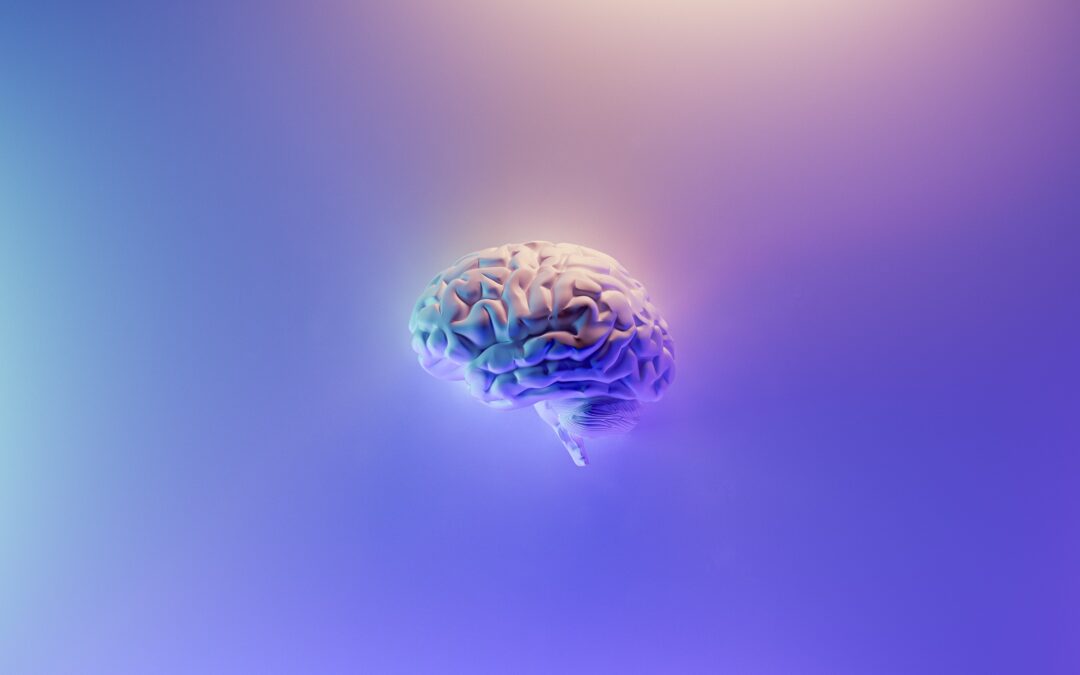In general, we all agree that our brain is an incredible and underestimated organ. However, so is the gut! Have you ever had butterflies in your stomach when you are in love, nervous, stressed? Why do we have this visceral feeling in our belly, and not in our heart or feet? This is because the intestine also “communicates”! Indeed, the brain and the gut talk to each other!
But what effect can the brain have on your digestion?
The connection between the brain and the intestine
It is undeniable that the brain controls the whole body. It is also evident that it has a direct effect on the digestive system, particularly on the stomach and intestines.
The intestine has its own network of neurons located on the walls of the gastrointestinal tract. This network of neurons controls the intestine and is also known as the enteric nervous system. It is also partially regulated by the central nervous system of the brain and spinal cord.
That being said, the digestive system is very sensitive to emotions such as anger, anxiety and sadness. It seems to be more affected by negative emotions than positive ones. This is why you may feel sick to your stomach when you are stressed. Stress, depression and other psychological factors can disrupt the connection between the brain and the gut and cause changes in the gut mechanism.
These feelings (among others) can trigger gut symptoms that are far from helpful to digestive functions, such as swallowing, releasing enzymes that are used to break down food, and categorizing food into nutrients or waste. Stress can interfere with the movement and contraction of the gastrointestinal tract, increase inflammation and aggravate gastric disorders, including irritable bowel syndrome, inflammatory bowel disease and gastroesophageal reflux disease. There is also a strong relationship between mental health issues and gastrointestinal symptoms, such as heartburn, indigestion, acid reflux, bloating, pain, constipation and diarrhea.
Communication between the brain and the gut is not a one-way street!
It is very interesting to know that this “communication” between the brain and the intestine is not a one-way street!
When a person experiences gastrointestinal distress, the nervous system in the gut may send signals to the central nervous system, which triggers emotional changes.
Because of this connection, many researchers believe that improving gut health and microbiota (bacteria in the digestive tract) through probiotics may one day be an option for not only prevention but also treatment of mental illness. While probiotics promote good gut health and can restore microbial balance, more research is needed to determine whether they indeed promote brain health.
What to do if you have digestive problems?
First and foremost, it’s a good idea to increase your intake of foods that promote digestive health, such as foods rich in prebiotics and probiotics. Prebiotic foods are high in fibre and feed the good bacteria in your gut; try asparagus, bananas, garlic or onions. Healthy probiotic foods include yogurt, kefir and kombucha. In addition, foods that promote dopamine production are also recommended. Here are some examples:
- All animal products
- almonds
- apples
- avocados
- beets
- chocolate
- coffee
- beans / green beans
- green leafy vegetables
- green tea
- lima beans
- oat
- olive oil
- oregano
- peanuts
- rosemary
- sesame and pumpkin seeds
- soy products
- turmeric
- watermelon
- wheat germ
- raw sauerkraut
Reduce digestion problems
In many cases, psychological therapy can reduce digestive problems, or at least help manage gastrointestinal symptoms. The most common signs and symptoms of mental illness include a constant feeling of sadness or depression, unfounded fears or exaggerated worries, sleep problems and a desire to be alone. Practicing stress management techniques, such as exercising regularly, avoiding stressful elements, socializing and getting enough sleep can all greatly reduce your stress levels.
Our mental health team is here to support you, at any stage of your life or therapy. Make an appointment now with one of our professionals!

